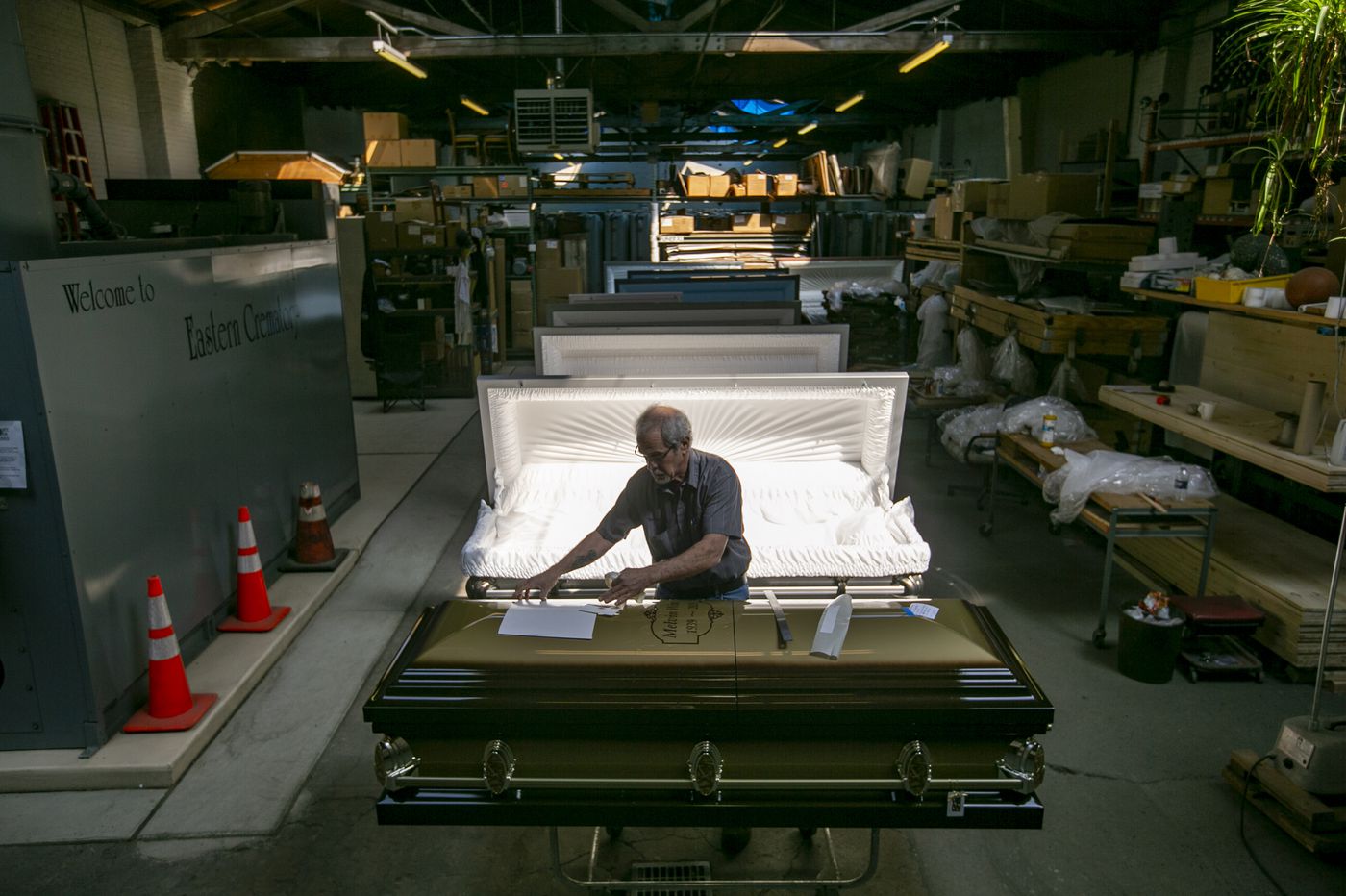RIO DE JANEIRO, BRAZIL – Last month’s IPO (Initial Public Offering) request by Cortel, a Rio Grande do Sul based funeral group, exposed a market with little visibility in Brazil, but which generates R$3 billion (US$588 million) per year.
Known as “death care”, the industry combines funeral services, burials, crematoria and funeral plans, a kind of insurance in which an individual pays in life the costs for his or her death – one of the fastest growing fronts in the market since the start of the pandemic.

Faced with almost 1.7 million deaths worldwide, over 180,000 of which in Brazil, Covid-19 forced the whole world to discuss death more often, and also shed light on the work of the sector’s startups, the so-called “death techs”.
Owner of ten cemeteries and with annual revenues of R$89 million, the Cortel Group expects to raise R$400 million in its IPO, scheduled for 2021. The company intends to use the funds to go out in search of assets and fulfill a role of market consolidator.
Investors, among them private equity funds (which buy shares in companies), are mapping the segment, which in Brazil includes over five thousand funeral homes, 750 cemeteries, 147 crematoriums and 250 funeral plan companies – according to research recently conducted by RGF consulting firm, which considers only private enterprize assets. The majority of companies are family-owned.
Given the boom in the sector, and after almost two decades managing a cemetery, executive Gisela Adissi has decided to open a consulting firm dedicated to the bereavement market, Flow Death Care. In addition to advising on mergers and acquisitions (M&A), the company plans to promote the sector’s startups. “Funds were still not as open to the death care market. Now this has changed,” comments Gisela.
Acquisition
This year, the death assistance industry accompanied the largest acquisition ever made in the sector: the Crescera (ex-Bozano) fund made an investment of R$150 million (which could rise to R$350 million) in the Zelo Group, one of the largest cemetery companies in Brazil.
The company, target of the investment, was founded in 2017 from the merger of two family-owned companies – Santa Clara, whose main activity was the funeral fund, and Bom Jesus, focused on cemeteries. According to the Zelo Group’s CEO Lucas Provenza, the first contributions came right after the merger, in an investment model called “family and friends”. By last year this group, which remains a partner, had already invested R$130 million.
With these resources and the addition of Crescera, the Zelo Group has already placed under its umbrella some 40 companies in the sector. The company’s focus is the funeral plan. “This product offers predictability to the business, given that there is revenue recurrence,” explains the executive.
Although Cortel should mark the industry’s arrival into the B3 stock exchange, there is an option in the market for investment in the sector accessible to individuals. Zion management has the Brazilian Graveyard fund on its shelf, which invests in six assets, including the Cortel Group itself. “In meetings with laymen in this sector, they ask me if, when buying a share of the fund, there will be a vault included in the future”, says João Santiago, Zion partner, pointing out the lack of information on the market.
Diversification
Guilherme Santana, a civil engineer who has been in this industry for 18 years, says that the sector, like others in the economy, frequently shifts to diversify its revenue base, something important for any company that wants to keep the business stronger when faced with economic fluctuation.
This is how a product was launched which is currently a major hope for this market, namely pet cremation. “We have also started to study court cases regarding the burial of humans with their pets,” he says.
In the international market, cemeteries in the sea are beginning to emerge as well as the option for human composting – a method of decomposition that converts remains into fertilizer.
Market also attracts startups
The market surrounding death is also attracting a growing number of technology companies, now called “death techs”. Their operations range from simplifying bureaucratic processes, such as inventory, to proposals for the parting ritual, which needed to be planned with the restrictions imposed by the pandemic.
In the United States, a startup called Cake has seen its operations grow rapidly in recent months. It is a platform that helps anyone planning issues related to death, covering legal matters, memorial and even last wishes.
In times of pandemic, the platform includes a step-by-step guide on how to organize a digital funeral, for instance. Suelin Chen, the startup’s co-founder and CEO, says demand in the pandemic has increased by ten times, to a volume of 30 million visitors to the website per year.
In the United Kingdom the QR Memories startup also works with eulogies, an innovative concept. The plan was to develop a steel plate with a laser-cut QR code to be attached to the tomb. Using a cell phone, visitors can read the code, which leads to a web page with photos, information and favorite songs of the deceased. “Many people have used our web pages to celebrate this new connection,” says QR Memories founder Stephen Nimmo.
In Brazil this market is also beginning to be explored, says Gisela Adissi, partner of the consultancy Flow Death Care. “There is a lot happening and, around here, people are also more willing to embrace these innovations,” she says.
The startup Benefício Legal, for instance, has on its shelf probate assistance. “People don’t know what probate is, which is a legal demand that can’t be postponed”, explains Fabiano Moraes, the company’s founding partner. The sale of the product occurs mainly through the funeral plan. In other words: the client, when contracting this insurance, will also be assisted when making the inventory of the decedent’s estate, provided it is consensual among relatives.
Source: O Estado de S. Paulo

